Most times, startups often oversee the need to hire a business lawyer due to limited cashflow considerations. If your start-up plan is to eventually be noticed by Venture Capitalists (VCs), and to avoid a risk of failure, you need to ensure that your corporate structure and support services are protected from crumble and your intellectual property rights and your corporate structure is in place for growth when it happens.
According to Investopedia.com, a start-up “ is a young company founded by one or more entrepreneurs to develop a unique product or service and bring it to market. By its nature, the typical start-up tends to be a shoestring operation, with initial funding from the founders or their friends and families.
Cost is often an issue for company with limited cashflow but the trends are changing. Venture capitalists are now seeing start-ups as superb investment opportunities especially in the tech sphere as these start-ups attract millions of dollars of funding as their product develops and nears launching. Growth has been seen mostly in fintech, medi-tech, productivity apps and gaming.
Most start-ups founders face these challenges:
- They are unfamiliar with the appropriate business entity to use
- Unsure of how to structure their shares
- Deciding on who are the directors
Most start-ups focus on the product and forget that you need a support team. For example, you would need content providers, photographers, admin staff, technical support, software engineers and all of them require contracts.
If you are at a stage where you are giving up equity for preference shares or convertible loans, then you need to make sure that you have lawyers who could protect you in vetting agreements. It is often irreversible after you have signed the agreement giving away control of your company or IP rights.
You need a lawyer to be able to advise you from time to time on issues relating to employment, contracts, licensing, hiring independent contractors, tenancy agreements and service providers. You should focus on the business while your lawyers watch your back.
What do I need a start-up lawyer for?
Most start-ups need help for corporate secretarial matters, employment agreements and recently trending with many start-ups is on Employee Share Option Schemes (“ESOS”). As start-ups do not have much capital to retain their talent, many companies have to find other ways to retain their talent.
To retain good talent and to show support to existing employees, founders tend to offer their employees ESOS options so that once the start-up is acquired or if there is a funding of sorts, the employees are enriched together with the founders. Another common agreement needed by start-ups are those related to terms and conditions for use of their website or app or both.
For start-ups which away from their infancy stage, their concerns are usually with having contracts which cover their business operations such as early adopter agreements, collaboration agreements, content provider agreements and licensing their IP rights.
Are there Affordable Lawyers for Start-Ups?
Very early in a start-up and if the focus is on tech, it is common for founders to ask for “terms and conditions” for the app or website(s). Such terms and conditions need to customised to the business of the start-up.
Quite frankly it is not a cut and paste job or one that can be copied from the net.
Different industries and businesses require specific clauses included. The rates of engaging a lawyer depends on the hours required and the complexity of the contract(s). Most legal firms offer a free consultation, allowing you to have a better sense of your budget.
Another popular request is for employment agreements and employment related policies.
The cost is higher for a more complex agreement where involves directorship of a new partner or COO or CTO role in the company.
Consider the long-term impact of inadequately protecting the legal interests of your business. This could lead to an expensive lawsuit or settlement in future because an important clause was not mentioned in your contract. This tends to be common among those who use cookie-cuter template agreements with the intent of saving costs.
Most Common Legal Requirements of Start-Ups
Quite a few of our clients have asked for a string of agreements which include privacy policies for their website terms and conditions for their apps with focus on payment gateways and dealing with jurisdiction and return policies.
Also popular with our start-up clients are content management and content provider agreements where they are working with third parties for content delivery. Along side content provider agreements, many start-ups have asked for collaboration agreement or partner agreements where their “partners” are providing some support in terms of certain marketing or tech support.
More established start-ups have focused their attention of seeking Employment Shares Option Scheme (ESOS) agreements and seeking advice on how to structure them.
Got more questions? Call us for a free consultation, or leave a message below.
The contents and views set out above are those of the author(s) and/or are personal views and for information only. It does not constitute in any way any legal advice or representation to the reader even if the facts appear similar to your fact situation. You are strongly encouraged to seek legal advice should you have any legal issues.
Let Us Help You
Please enter your details below and we will get back to you in 1-2 working days.






